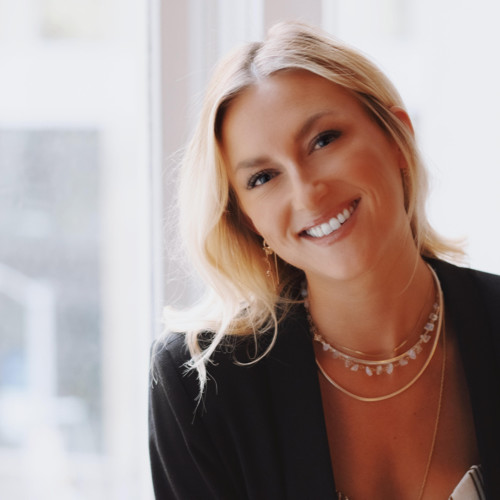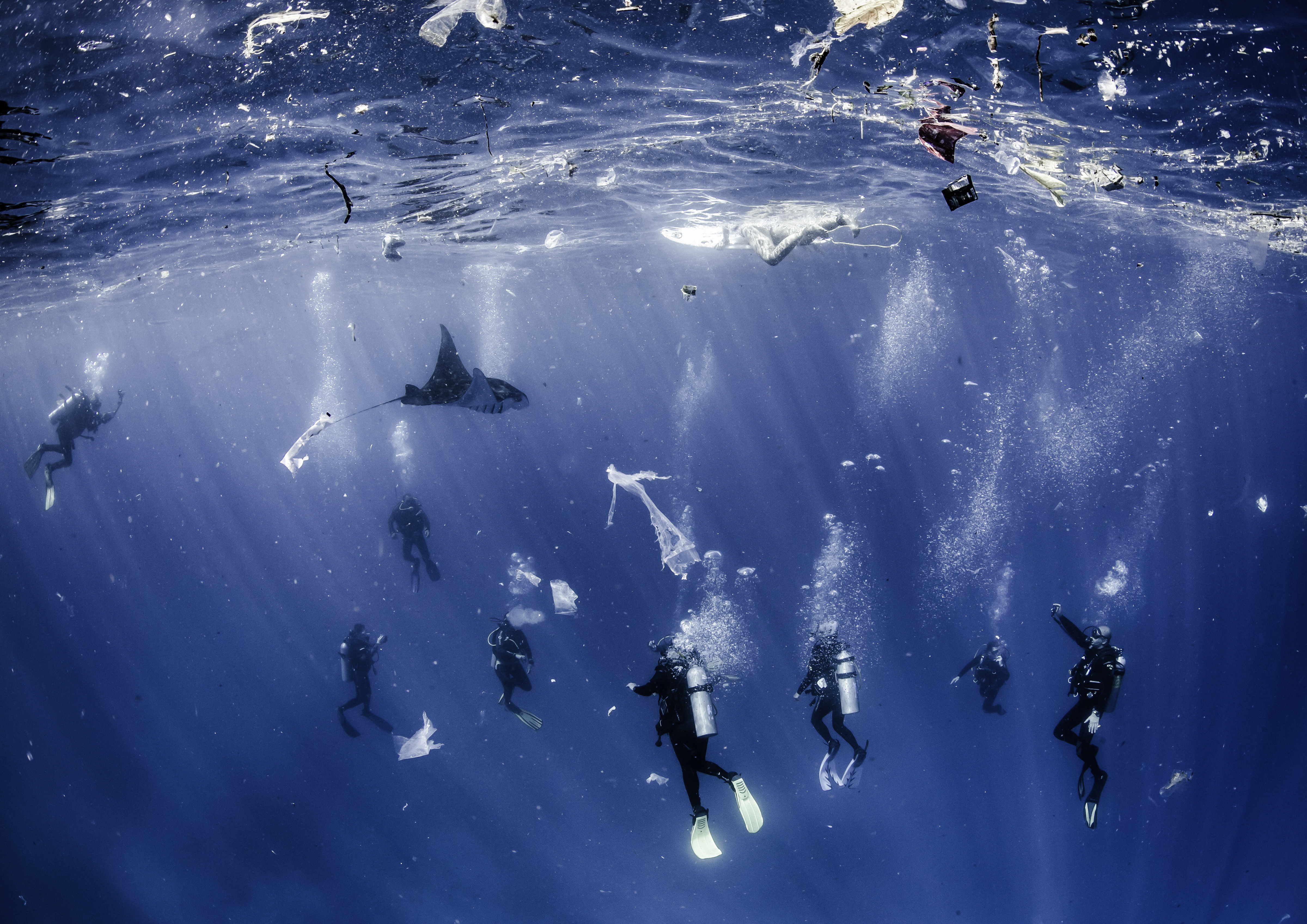How many pieces of plastic did you encounter today? The lid on your to-go coffee cup, the plastic water bottle you drank half of in your morning meeting, the straw in your afternoon iced tea, the cup with your yogurt… These small, mostly invisible pieces of plastic seem harmless until you realize that every piece of plastic created still exists today. What’s worse, nearly 8 – 12 million tonnes of our plastic trash will end up in our ocean this year.
Seem hard to believe? Take this into consideration and estimated 500 million plastic straws are used every day in the US alone. That’s just plastic straws. Every minute one garbage truck of plastic is dumped into the ocean and by 2050, scientists project that there will be more plastic in the ocean than fish by weight. These figures are overwhelming so it’s easy to turn a blind eye. If we don’t start to champion solutions with measurable impact we will run out of time to turn back that clock and improve the health of our ocean. None of us, regardless of where we live or how much we make, are immune from this plastic crisis.
It’s easy to get overwhelmed considering the state of the ocean: plastic pollution, deoxygenation, and overfishing have already started affecting the communities who are most intimately linked to it. Europeans who eat seafood ingest up to 11,000 tiny pieces of plastic every year – time can only tell what the long-term effects of this will be on our health.
That’s why at Lonely Whale we decided to focus our efforts on providing tangible solutions with measurable impact to begin reducing plastic pollution in our daily lives and, ultimately, in our ocean. Founded on the concept of ‘radical collaboration,’ everything Lonely Whale creates is driven through like-minded organizations, individuals, and champions because we can’t do this alone and we can’t do it all at once. Instead, Lonely Whale is committed to creating impactful, open-source resources that support independent and measurable waves of change. It is our hope that together we can create a culture of conservation that further informs all of us, building inclusive and adaptable tools empower others to create a more sustainable future for our ocean and, ultimately, for ourselves.
So, how can you help?
- Make a commitment to reduce your plastic footprint — starting with plastic straws. We created an open-source toolkit to help you reach success!
- Stay aware of your purchasing power. Support the brands that are making impactful commitments on behalf of our ocean.
- Consider your dependence on single-use plastics. Opt for alternative materials that fit your lifestyle and learn about your community or organization’s recycling and/or composting processes.
- Most importantly, invite a friend to join you. After all, if we aren’t having fun we won’t keep at it!
When we empower our communities and networks to support the planet, we are serving our own health and well-being.


